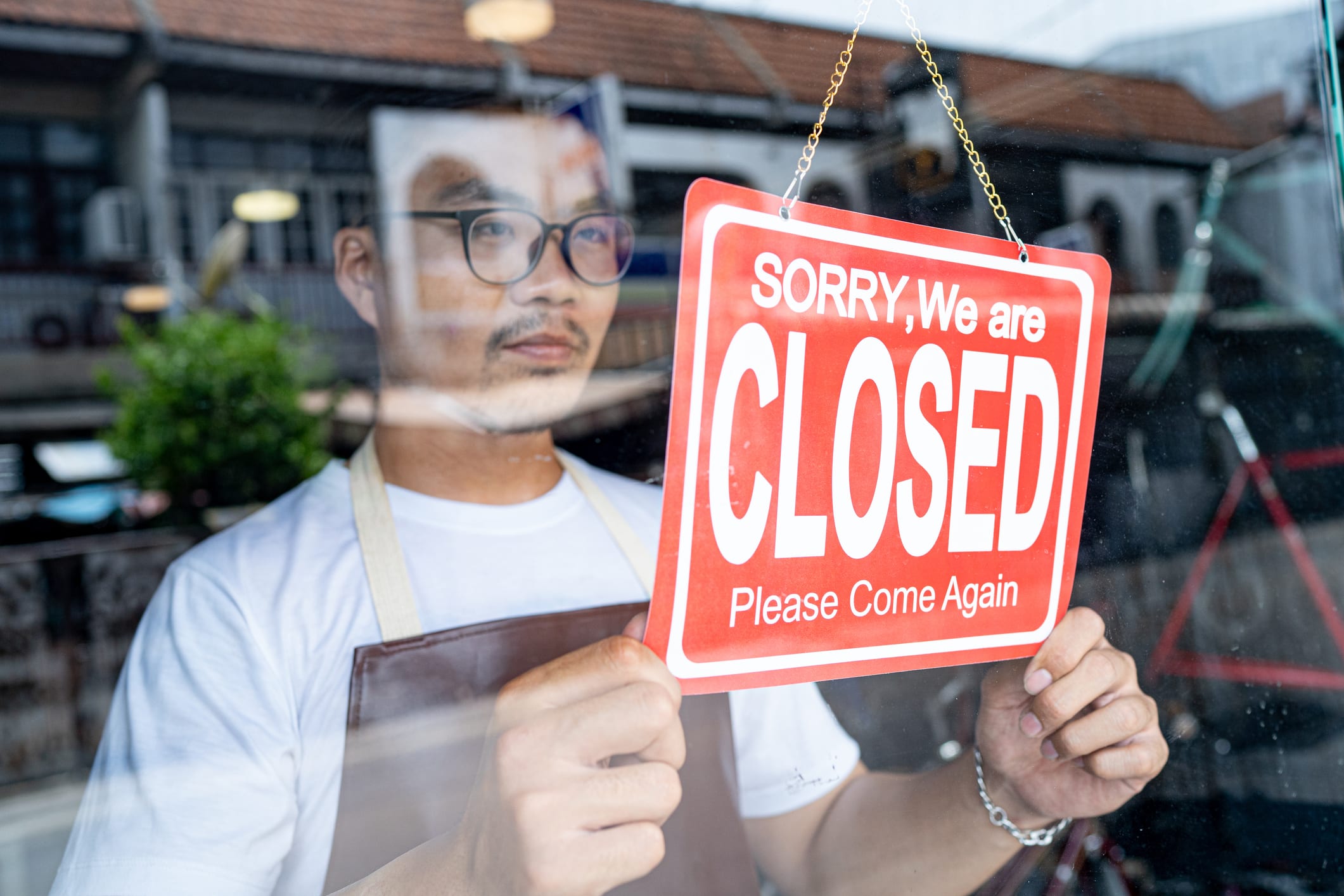[ad_1]
What your doctor is reading on Medscape.com:
APRIL 24, 2020 — Last week I met with someone who was going to start cancer treatment. The visit went well; she underwent her port placement, lab work, and the chemotherapy education that all patients receive as preparation for infusions. A couple of days before she was planned to start treatment, however, she called with a few requests, all of which involved COVID-19 testing.
First, she wanted to be tested before starting treatment, which I understood. I was willing to order a test for her in part because starting someone on chemotherapy who is COVID-19–positive sounds like a bad idea. I was even willing to fight for it, knowing she was asymptomatic and did not meet the Rhode Island Department of Health criteria for testing. Even in Rhode Island, where nearly 4% of the population has been tested, it is still being recommended only for those with symptoms; we do not yet have the capacity to do population-based testing.
But this was not her only concern. She also wanted to ensure that her entire treatment team was COVID-19–free—myself, our advanced practice provider, her infusion nurse, and the medical assistant. She wanted assurance that her risk for infection was maximally mitigated.
The concern isn’t unprecedented: In one report from China, nearly 4% of cases involved transmission from healthcare workers. We know that even without hard numbers in the US, patients are canceling their visits and some are even canceling their own treatments out of fear of coming to the hospital. I’ve had many conversations with my own patients about the safety of coming in to our hospital, whether it be for lab work, a CT scan, or an infusion. Even when a patient doesn’t mention their concern, it is hard to imagine that they are not thinking about it.
Yet this was unique. I’d never before been asked to “prove” my medical status in any sense. What if she wanted proof that I was HIV-negative? That I had my flu shot? I would never acquiesce to those types of queries and I concluded that her request was improper. My team agreed.
Continued
Providing with her with my COVID-19 status also assumed that I had been tested, which I have not been. We explained that, but she argued her point. We are responsible for providing a safe area for treatment, and that included precautions against COVID-19. Apparently our institutional protections were insufficient for her.
But we held firm: She would not have access to our team’s testing records. While we absolutely could assure her that our staff was healthy (no fever or respiratory symptoms) when they came to work, we could not assure her that our staff was COVID-19–free.
I wish I could be absolutely certain, but a negative test for COVID-19 a week ago does not mean that I will remain uninfected the following week, month, or year.
As physicians and healthcare providers, how frequently should we be asking for testing? As with the rest of the country, we await universal access to COVID-19 testing, as well as protocols for testing healthcare workers.
But the experience made me realize the depth of concern among our patients. At first I was alarmed, but then I realized that it mirrors my own anxieties. Ultimately, I am not surprised.
Don S. Dizon, MD, is an oncologist who specializes in women’s cancers. He is the director of women’s cancers at Lifespan Cancer Institute and director of medical oncology at Rhode Island Hospital.















